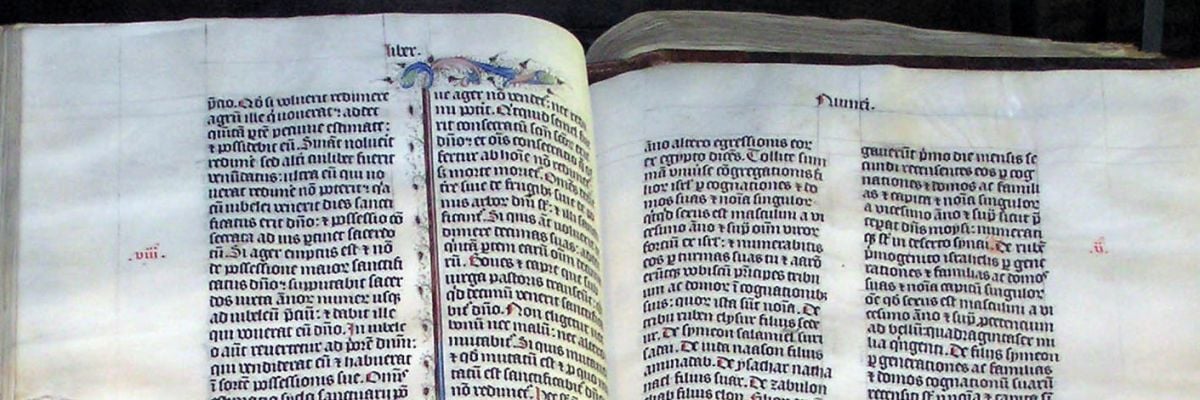- Joined
- Jun 12, 2015
- Messages
- 13,927
- Gender
- Male
- Religious Affiliation
- Lutheran
- Political Affiliation
- Conservative
- Marital Status
- Married
- Acceptance of the Trinity & Nicene Creed
- Yes
I beg to differ. The Pope at the Council of Rome (382) defined the books of the OT and NT. That was before the Coptic Orthodox and Eastern Orthodox split off. So that is as close as we are going to get to the whole of Christianity.
Some regional bishops have at random times gave opinons on the subject. But that is not remotely related to CHRISTIANITY making a formal, official, authoritative, binding, ECUMENICAL declaration. Proof? Never - not for one day - did or have all Christians agree on what is and is not Scripture.
Yes Hippo and Carthage were local councils, presumably because of local dissent.
Yup. So what they decided regarding what should and should not be part of the Lectionary (readings for public worship) is entirely unrelated to our discussion. They didn't address the issue of Scripture... they weren't ecumenical.... no one seemed to know or care about them.
The Orthodox Churches have what we call the deuterocanonical books
Yes, the Roman Catholic Church has a UNIQUE Bible that no other denomination on the planet has EVER agreed with. As you note, the Eastern churches have always had MORE books regarded in some sense as Scripture, as part of their BibleS. If there had been some official, formal, authoritative, definitive ECUMENICAL declaration of what is Scripture (which you have yet to name), then why is it there has NEVER been one set of books so accepted?
Please can you answer me a couple of points.
1. When did the Jews have an official, formal, definitive, authoritative declaration of their canon?
The Jewish Council of Jamnia in 90 AD. Until then, there was no official declaration in Judaism of what was and was not Scripture. The Jews addressed that - in a formal, official, authoritative, binding way - that all Jews henceforth accepted. All Jews since then have embraced exactly the same books as their Scripture.
2. What evidence do you have for your claim that we have a TRADITION that "is solid around 66 books (by common Christian count)" when you consider that most of Christianity from 382 used at least 73 books?
.... I think you just answered your own question. Since in 382 there were more EASTERN (Greek speaking) Christians than western (Latin speaking) ones, actually your question should be why did those in the West have FEWER books than MOST Christians, especially if there had been some (yet unidentified) Ecumenical Council of all bishops that officially, formally, authoritatively declare exactly what books are and are not normative, canonical Scripture (and thus some Bishops - most? - in violation of an Ecumenical Council)?
Why would many Catholic tomes include the Epistle to the Leodiceans when it was not mentioned at that non-authoritative regional synod you keep mentioning; if it DEFINED such in a binding way even for just the Catholic denomination, why did most Catholics violate that by adding a book?
I appreciate that a handful of denominations (including yours) HAS officially declared what books ARE normative, canonical, inscripturated words of God (Scripture) FOR THAT SINGULAR denomination. I'm not at all opposed to that (although Lutheranism has not done so). Fine. But what is simply untrue is that ERGO that denomination definitively did so for ALL Christianity. Obviously, undeniably, that cannot be true but since no denomination observes the decision of any other on this point (EVERY denomination that has done this has a UNIQUE tome). These denominations can - at times - point to some official action IT ITSELF took in this regard but can't point to any ECUMENICAL action (thus the differences that exist - and always have). What we have (and it's not perfect!) is a matter of TRADITION. Always interesting to me when CATHOLICS (of all people) fight against Tradition and in favor of denominational actions.
Blessings to you and yours in the season of Lent...
- Josiah
.
Last edited:


